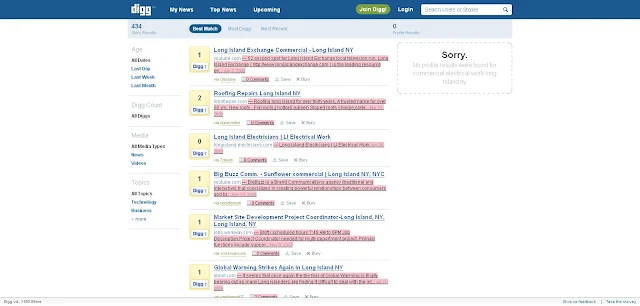What is Real-Time Search?
Most of us are familiar with search engines like Google, Yahoo, Bing, and Ask. Search engines sparked a revolution in organizing massive amounts of data, which has grown exponentially over the last decade. In the never-ending goal of providing the most relevant search results, Google released the Caffeine version of its search engine, which allows sorting results by images, blogs, news, and more. |
| Lead Generation |
Source: https://pixabay.com/en/designate-poking-finger-indicate-427537/
But still, there’s so much information out there that any given person is trying to find. And that information could be precious. For example, what if I want to know who’s mentioning “commercial electrical work in Long Island, NY” right now. Not a week ago, not yesterday, not even in an hour ago, but right this minute. Almost like filtering all the conversations going on globally and finding who’s interested in what services I offer. What if scoring a commercial electrical contract could average $20,000 in profits to me. These could be great leads if I could find people talking about commercial electrical work in my service area. Real-time search is a definite problem that needs solving.
But still, there’s so much information out there that any given person is trying to find. And that information could be precious. For example, what if I want to know who’s mentioning “commercial electrical work in Long Island, NY” right now. Not a week ago, not yesterday, not even in an hour ago, but right this minute. Almost like filtering all the conversations going on globally and finding who’s interested in what services I offer. What if scoring a commercial electrical contract could average $20,000 in profits to me. These could be great leads if I could find people talking about commercial electrical work in my service area. Real-time search is a definite problem that needs solving.
Real-Time User Interaction
Digg.com and related sites provide a form of real-time search. These sites, though, are based on direct user interaction rather than computer programs and algorithms. These sites work because the more users who read or “like” a news story, article, blog, or video, the more relevant that article becomes. If your content gets “liked” enough, you can get listed on the home page of Digg.com, and LOTS of eyes will see your content. However, this process still relies on user interaction. What if you don’t agree with the users? Or what if your niche is small enough that it won’t capture enough attention for Digg.com to see it? Here’s a search in Digg.com on “commercial electrical work long island NY” to follow our example.Digg.com - Commercial Electrical Long Island NY Search
The results are about commercial electrical for the most part, but there are no good leads that I could use to track down business. These are all articles or stories, not real time user content. These types of real-time sites are valuable for what they do, but as a lead generation tool, they are not very useful.











